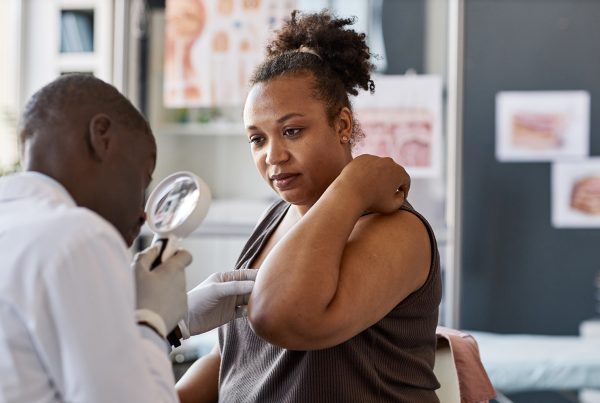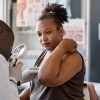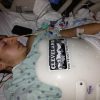Related Posts
 Children's HealthFeaturedKids Health
Children's HealthFeaturedKids Health
Diving Into Safety: Expert Swim Tips for Parents and Kids
Contributed by: Elizabeth Krupa, MD How to Keep Your Family Safe Around Water this Summer…
 FeaturedPrimary CareSkin Health
FeaturedPrimary CareSkin Health
Learn Your ABCDEs to Check for Skin Cancer
Finding skin cancer early is key, so it’s smart to know how to spot a…
 FeaturedHand & Upper ExtremitySurgery
FeaturedHand & Upper ExtremitySurgery
Treatment for Hand Arthritis at your Fingertips
Arthritis is a common reason for pain and swelling in the hands and fingers. If…








